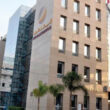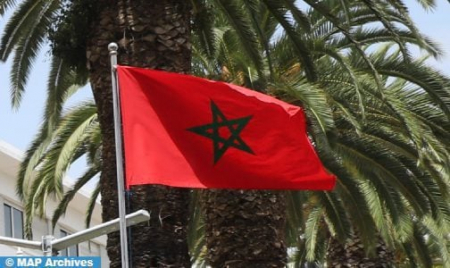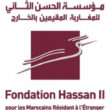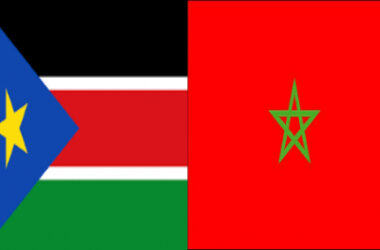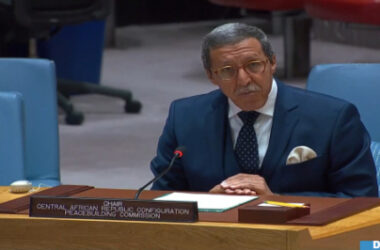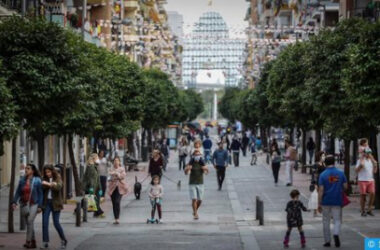Organized by the International Organization for Migration (IOM) on “Good practices and challenges related to bilateral agreements on labor migration”, this meeting aims to open the debate on good practices of bilateral agreements on labor migration and partnerships for skills mobility, with a view to identifying the main challenges that require particular attention.
“Under the enlightened leadership of His Majesty King Mohammed VI, Morocco has made the issue of migration a key priority in its commitment to a fairer, more equitable and more united world, in the face of the great challenges of our time”, said Chekkori in his opening remarks.
He recalled the numerous agreements signed with European neighbors on the voluntary return of migrants, the fight against human trafficking and migrant smuggling, stressing that efforts are underway to develop an integrated national information system on international labor migration.
Aware that reconciling national needs with the requirements of the external labor market has become a key issue for the international employment ecosystem, less than a year ago the Kingdom launched a promising initiative aimed at fully exploiting international employment opportunities to meet related challenges, added Chekkori.
For her part, IOM Head of Mission in Morocco, Laura Palatini, said that the International Organization for Migration considers the promotion of good governance of labor mobility to be one of its priorities, recalling that the organization has, since 2019, developed a global approach to migration based on partnerships for skills mobility.
This partnership model aims to ensure that skills mobility produces positive results for migrants, communities, labor markets and the economies of both countries of origin and destination, she stressed.




